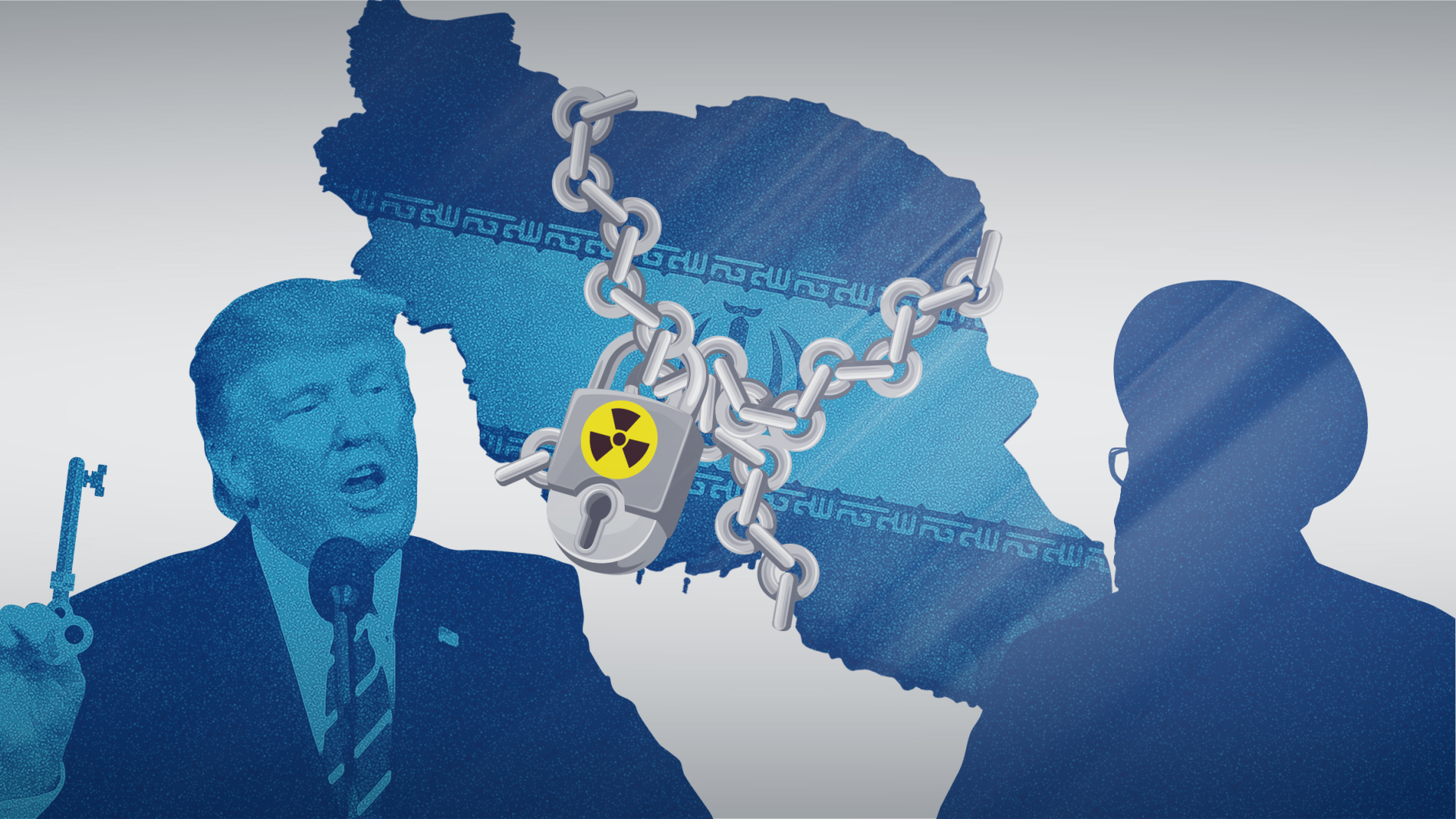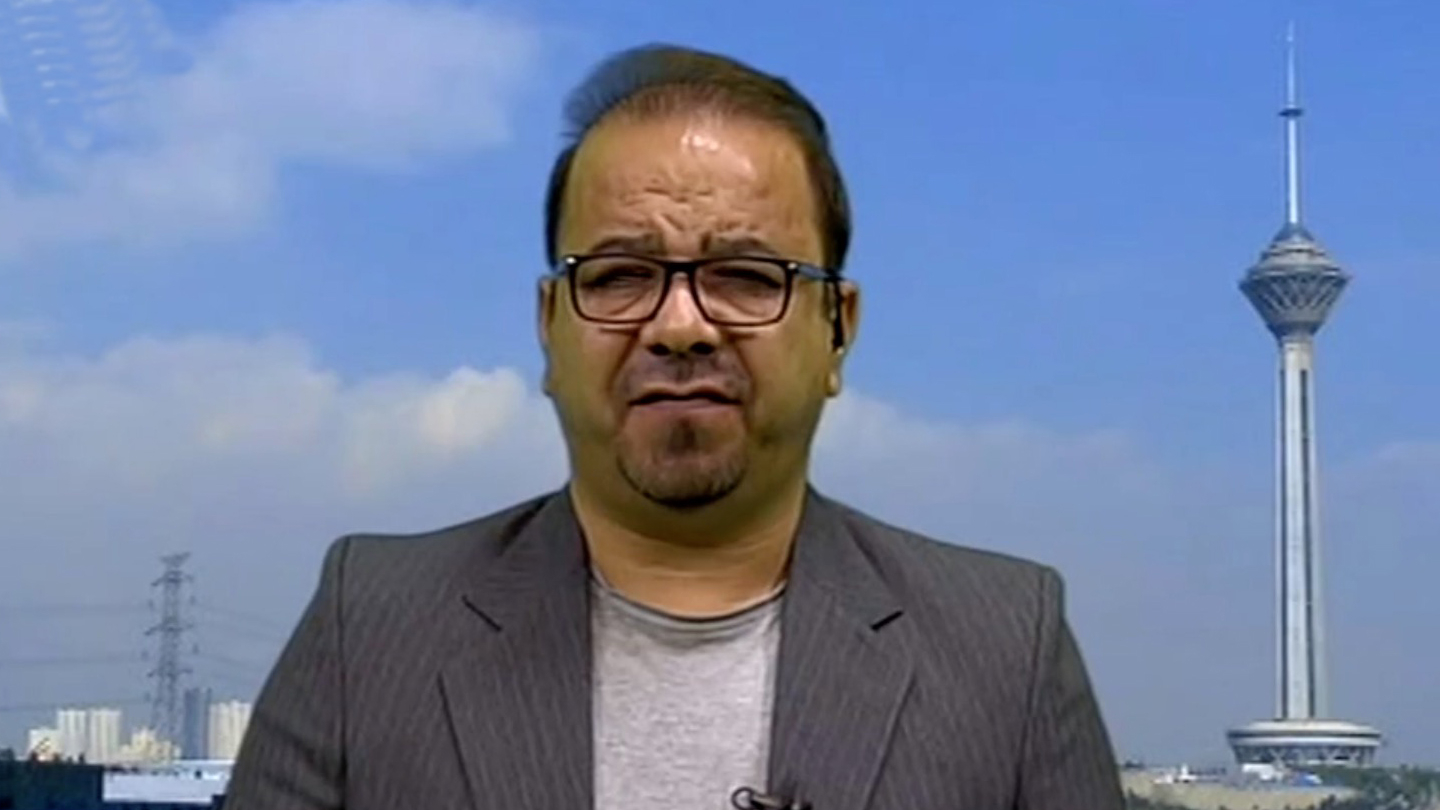

As the U.S. pursues its "maximum pressure" strategy against Iran, vowing to bring the country's oil exports to zero, the IMF predicts the Iranian economy will shrink by at least six percent this year. Moreover, the rift between Washington and Tehran has lasted for more than a year, since the U.S. pulled out of the landmark Iran nuclear deal, known as the Joint Comprehensive Plan of Action (JCPOA).
So, how is oil being used in the current power plays and how will the Persian Gulf tensions be eased?
Wang Jin, an associate professor at Northwest University of China, pointed out the problems of the situation are: First, the U.S. imposed sanctions over Iran and withdrew from the JCPOA unilaterally; on the other hand, Iran believes it is not enough for the EU to just observe the measures of the Iranian nuclear deal, but they want to hold normal commercial ties with them.
Einar Tangen, a current affairs commentator, reflected on the cards that Iran held in the game. One is the regional instability inside the Middle East, and another is to block the Strait of Hormuz. He added that the Strait of Hormuz is a very narrow area where they can prevent a good part of the oil from leaving there, if they are affected by the "maximum pressure."
Regarding Iran's recent diplomacy efforts in saving its interest under the nuclear deal, Iranian Foreign Minister Javad Zarif paid a visit to France amid the G7 meetings to seek approaches on the nuclear deal.
Based on the outcomes from Zarif's G7 visit, Ghanbar Naderi, a columnist with Kayhan International, said that France will open a credit line worth 15 billion U.S. dollars to allow Iran to sell its oil in order to stop them taking the third step in reversing commitments on the nuclear deal.

He added that Iran would like to give diplomacy a second chance and to talk with the remaining signatories of the deal. "If this credit line is opened as soon as possible, Iran will then stop taking the next steps," he said.
Regarding the EU's role in Iran nuclear issues, Professor Wang stated that the EU has stuck closely to the JCPOA, and also many leaders of EU countries held firmly to keeping the Iran nuclear deal.
However, he pointed out that the EU countries have an independent stance towards the Gulf region, and are not always taking the side of the U.S. The reason is that they don't rely heavily on the oil transactions in the Gulf region, instead, they rely on gas exports from Russia and other parts of the world.
He added: "The major interest to them in this region is to keep stability and peace in the Gulf region."
He said the UK has been involved in the tension between the U.S. and Iran in the Gulf area as their oil tankers had been intercepted by the Iranians. But, then, the incidents were peacefully resolved.
Naderi echoed that the UK has been especially committed to the JCPOA. He further explained that the UK knows clearly that walking out of the deal, as the U.S. has done, will de-stabilize the Middle East region. Besides, it will also serve to escalate the tensions between Iran and its neighbors.
(If you want to contribute and have specific expertise, please contact us at opinions@cgtn.com)

Copyright © 2018 CGTN. Beijing ICP prepared NO.16065310-3
Copyright © 2018 CGTN. Beijing ICP prepared NO.16065310-3